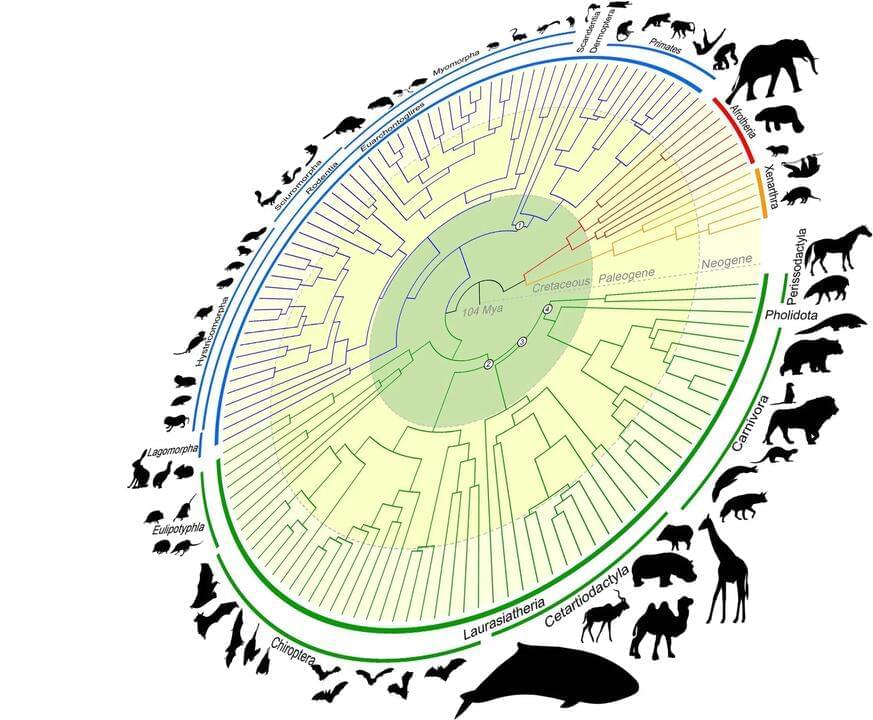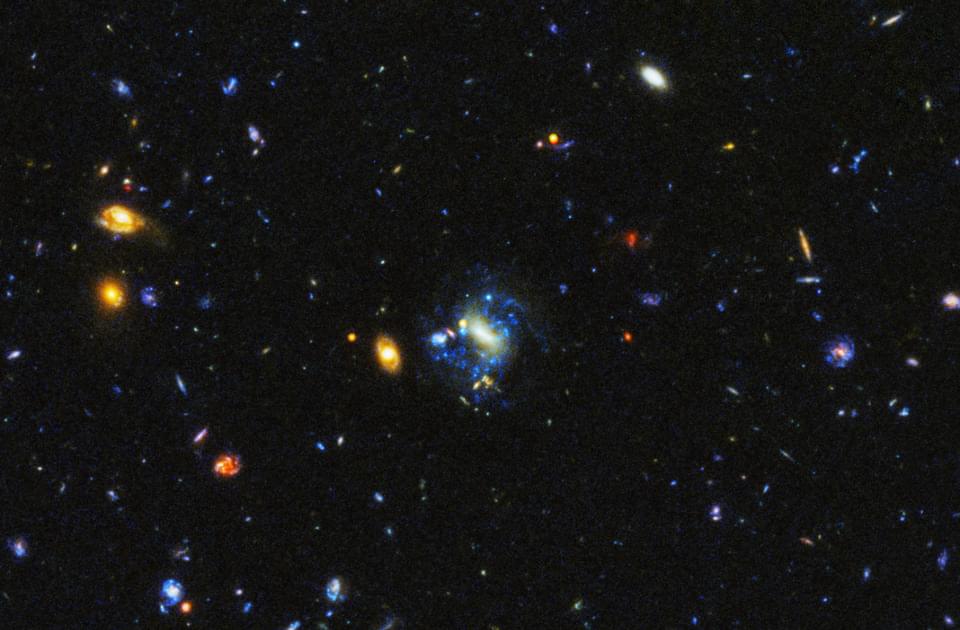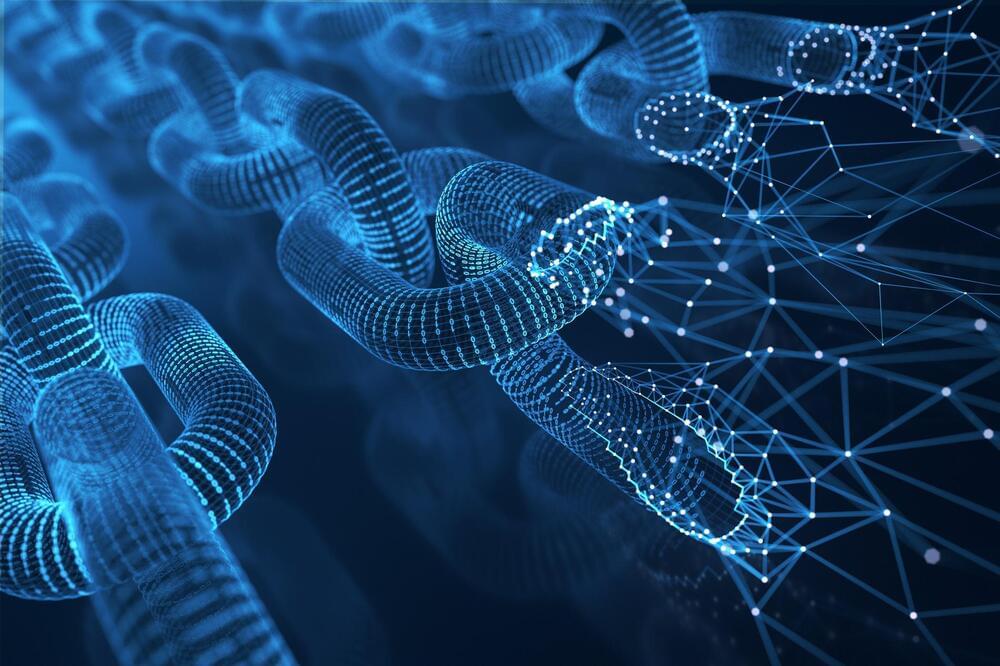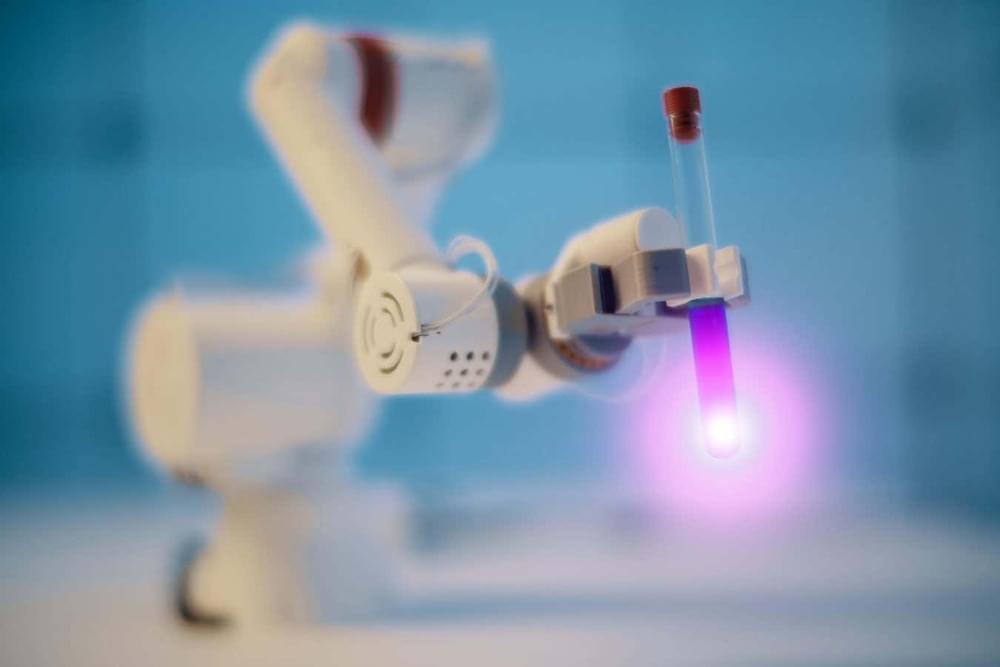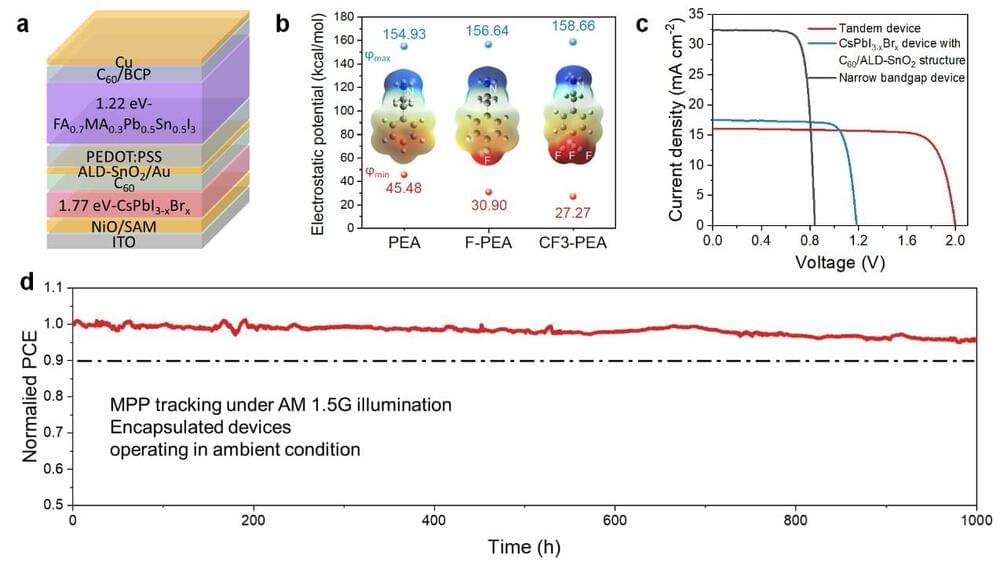May 2, 2023
Mammalian Tree of Life Redefined: Genomic Time Machine Traces Back 100 Million Years of Evolution
Posted by Genevieve Klien in categories: biotech/medical, evolution, time travel
The research uses the genomes of 241 species.
A species is a group of living organisms that share a set of common characteristics and are able to breed and produce fertile offspring. The concept of a species is important in biology as it is used to classify and organize the diversity of life. There are different ways to define a species, but the most widely accepted one is the biological species concept, which defines a species as a group of organisms that can interbreed and produce viable offspring in nature. This definition is widely used in evolutionary biology and ecology to identify and classify living organisms.
